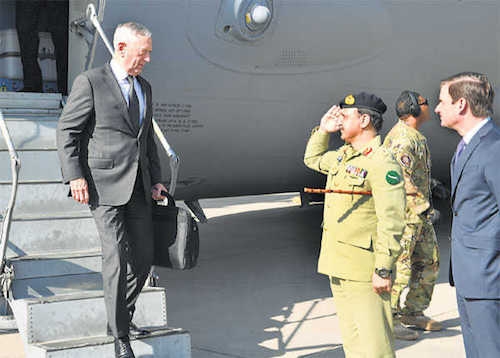
The European Space Agency has narrowed the candidate list for its next generation of astronauts, including dozens who have a physical disability. The agency announced last year that it had received a record number of 22,589 applications from people hoping to become the continent’s next generation of space travelers.
ESA said on Jan 18, Tuesda,y it has reduced these to fewer than 1,400 — 29 of whom have a physical disability — and hopes to cut the shortlist down to several tens of candidates by the end of the year for the four to six positions on its astronaut training program.
The agency’s director-general, Josef Aschbacher, said the selection process would be accompanied by a feasibility study to determine the implications of choosing candidates with disabilities “but, yes, we are committed at ESA to open space to everyone.” ESA has for decades relied on its Russian and American counterparts to launch astronauts into space. Currently the agency has several places booked on American commercial launches. But Aschbacher said Europe may finally get its own crewed spacecraft if ESA member states approve the idea at a meeting later this year.
“We are not only talking of launches, we are talking of human exploration,” he said, adding that future missions would seek to send astronauts to the moon “and beyond.” In the meantime, the agency will continue to develop its robotic capability, including a spacecraft capable of carrying large loads to the Moon that would support joint missions with partners such as NASA. ESA is also in the early stages of working on a probe that would fly to an ice moon, such as Saturn’s Enceladus, to recover a sample and bring it back to Earth. “It could be that there’s very simple, primitive life in the water underneath the ice cover,” said Aschbacher. Source: AP





Be the first to comment